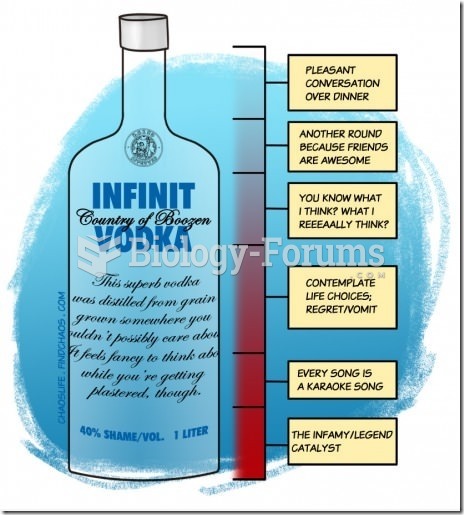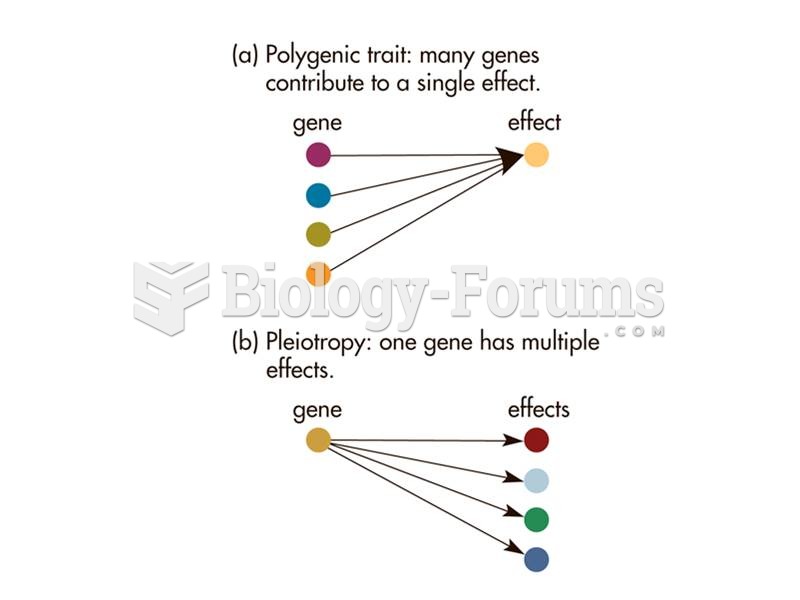|
|
|
Did you know?
More than nineteen million Americans carry the factor V gene that causes blood clots, pulmonary embolism, and heart disease.
Did you know?
The shortest mature adult human of whom there is independent evidence was Gul Mohammed in India. In 1990, he was measured in New Delhi and stood 22.5 inches tall.
Did you know?
Long-term mental and physical effects from substance abuse include: paranoia, psychosis, immune deficiencies, and organ damage.
Did you know?
The strongest synthetic topical retinoid drug available, tazarotene, is used to treat sun-damaged skin, acne, and psoriasis.
Did you know?
Cancer has been around as long as humankind, but only in the second half of the twentieth century did the number of cancer cases explode.
 American soldiers—some of them regulars in deep blue uniforms, others in buckskin cowboy outfits— fi
American soldiers—some of them regulars in deep blue uniforms, others in buckskin cowboy outfits— fi
 Standing at the side and facing the head, apply deep circular effleurage over shoulder area using ...
Standing at the side and facing the head, apply deep circular effleurage over shoulder area using ...





